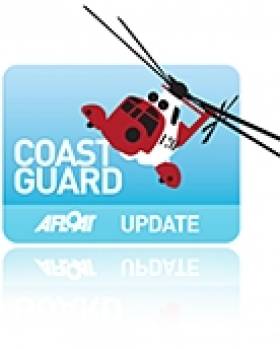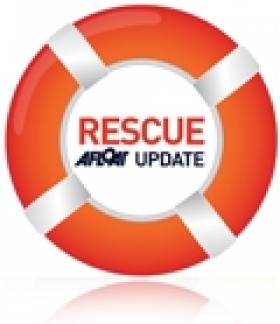Displaying items by tag: ELT
Coastguard Urges Proper Use of Emergency Locators After Midweek Incident
#COASTGUARD - The Irish Coast Guard has urged any sailors or aviators using emergency locator transmitters (ELTs) to take care with their use and storage after an incident last week, The Irish Times reports.
A major search and rescue operation was mounted after a signal from an aircraft emergency beacon was detected by the Valentia coastguard station and Shannon air traffic control on Wednesday night.
Two rescue helicopters and numerous ground crews were involved in the search for what was thought to be a crashed small aircraft before the beacon was found at the rear of a property on Thursday afternoon.
A spokesperson for the Irish Coast Guard said: “We would ask anyone who who has one of these devices to ensure it is properly stored and not allowed to decay.
"If the battery in one of these units dies or the device is allowed to short-circuit because of dampness, the ELT will activate."
ComReg launches Personal Locator Beacon (PLB) Registration Website
Personal Locator Beacons, or PLBs, are portable radio transmitters, which aid the Search & Rescue (SAR) emergency services in the detection and location of persons in distress. These devices operate in a similar manner to Emergency Position Indicating Radio Beacon (EPIRBs) onboard vessels and Emergency Locator Transmitters (ELTs) onboard aircraft, but are unique in that they for personal use and are not registered to a particular vessel or aircraft.
ELTs and EPIRBs have been in operation for several years are proven technologies, which have resulted in many successful search and rescues missions since their inception. More recently technological advances have enabled the construction of light-weight, hand-portable distress transmitters and hence the relatively recent emergence of PLBs onto the market.
In order to maximise the effectiveness of PLB usage, each PLB should be registered so that owner details as well as location details can be communicated to the emergency services which in many cases assists in speeding up rescue operations.
PLB owners can now register their PLB in Ireland using ComReg's new web portal. For more information on how to register your PLB please go to www. Comreg.ie or contact [email protected] or phone 01 804 9600.






























































